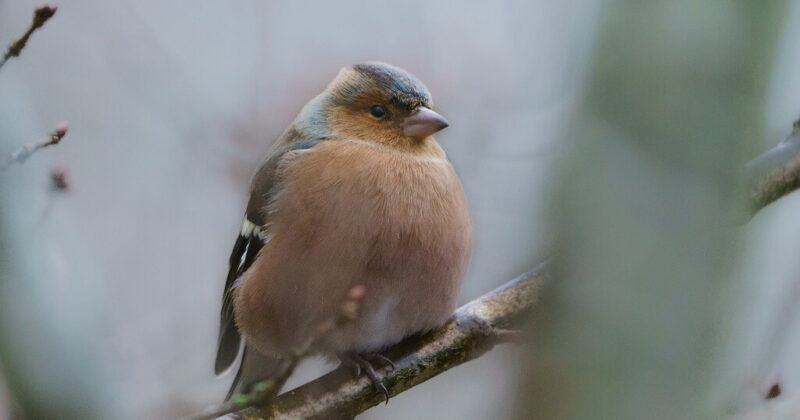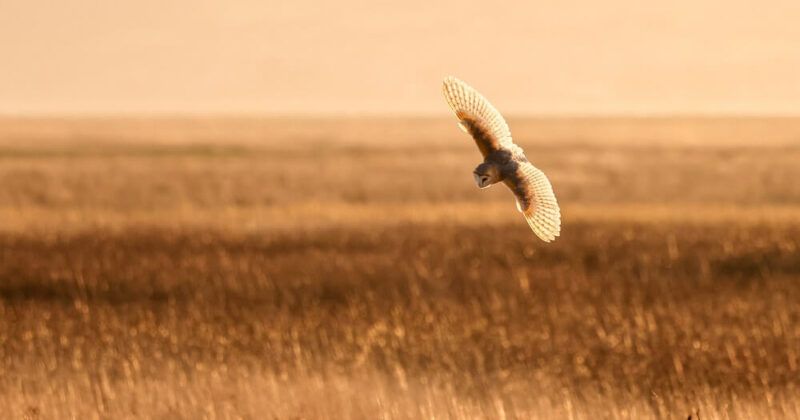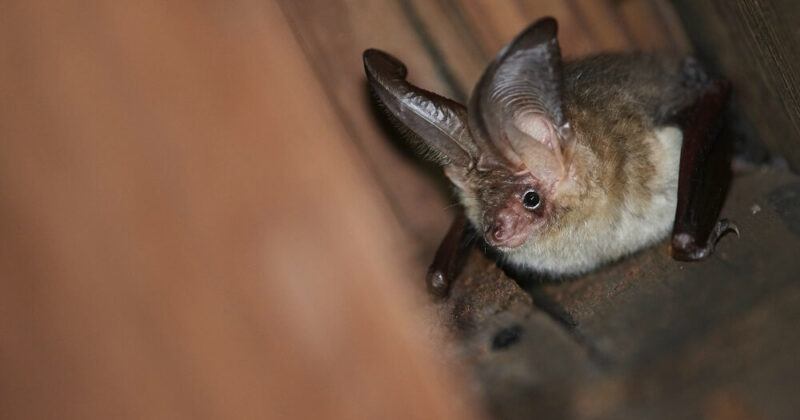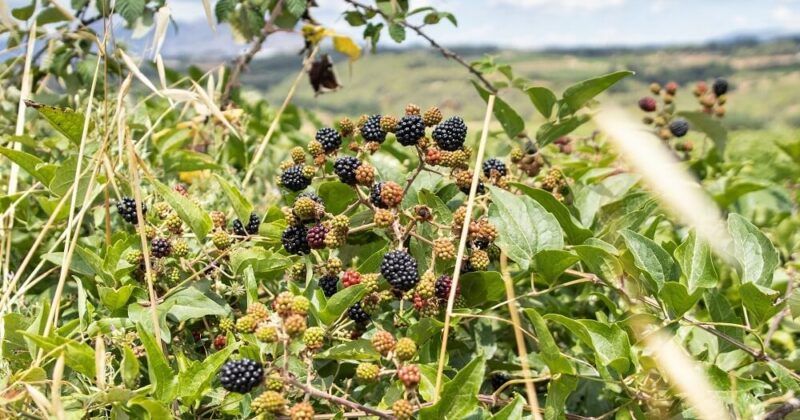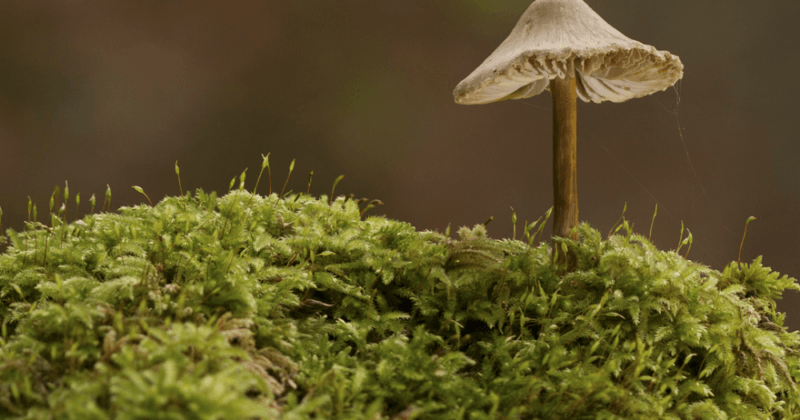
Why should we care about fungi?
A BBC article has recently highlighted fungi and how the fungi kingdom tends to go unnoticed in comparison to plants and animals. And that is not just in terms of people taking an interest in them but also when it comes to research and conservation.
As explained by the British Mycological (the study of fungi) Society, fungi are neither plant or animal and have a kingdom of their own of 3-5 million species. Most fungi are understudied meaning that they have not been named or described. It is thought that more than 90% of all fungi are yet to be described by science. The society is currently pushing for fungi to be included in the GCSE Natural History qualification launching in 2025 to promote their importance and encourage future studies.
Dr Drakulic who is featured in the BBC article emphasises the concern with the lack of research into fungi as understandably it makes it very difficult to protect species that you know...

